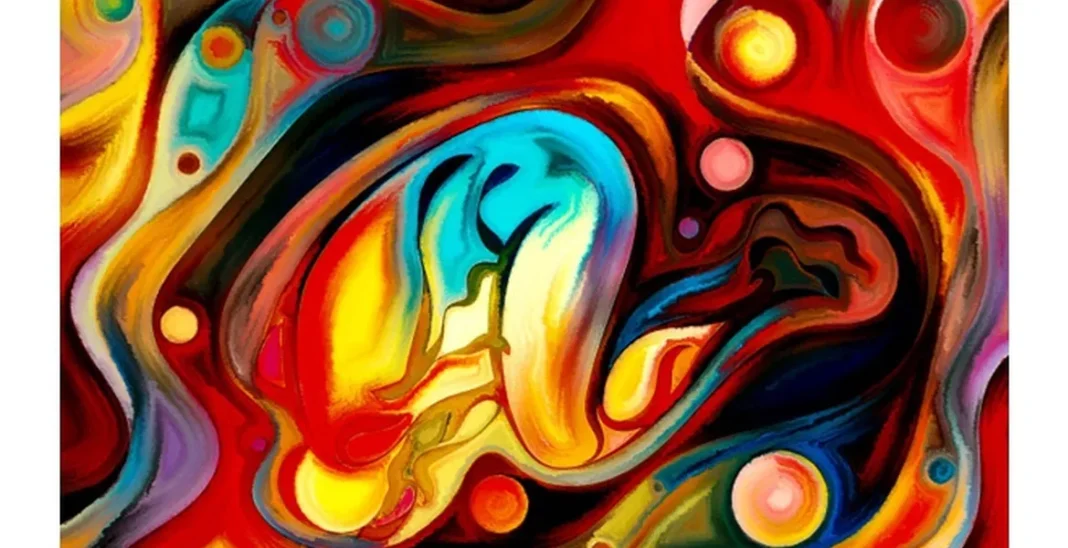In a world that constantly prioritizes intellect over instinct, we often forget the quiet wisdom of our bodies. We’re taught to treat our bodies as machines—tools to sculpt, suppress, or ignore in service of the mind’s ambitions. But what if we turned toward our bodies instead? What if we stopped seeing them as obstacles and started listening to them as sources of deep, grounded intelligence?
For many, the path back to the body can feel uncertain. But one surprisingly accessible bridge between mind and flesh is this: writing. Not the polished kind made for audiences or arguments, but raw, private, embodied writing. This kind of writing doesn’t demand perfection—it simply asks for honesty.
Reclaiming the Whole Self
Our culture has long drawn a dividing line between the rational and the emotional, the cerebral and the physical. And most of us, consciously or not, are taught to root for the mind in this tug-of-war. We measure worth by productivity, by logic, by clarity of thought. The body, with all its hungers, moods, and sensations, is something we’re trained to discipline or even deny.
But that split comes at a cost. As poet and activist Audre Lorde warned, the fragmentation of self weakens us. “We are easier to control,” she wrote, “when one part of our selves is split from another.” True empowerment comes when we are allowed to be whole—when our thinking includes feeling, and our speaking includes breathing.
Writing from the Body
Philosopher and writer Hélène Cixous believed that writing can serve as a powerful act of reclamation. In her passionate voice, she urges us: “Write! Writing is for you, you are for you; your body is yours, take it.” When we don’t write, she suggests, we sever something vital. We silence not only our thoughts, but our breath and speech. But when we write from the body—when we write as the body—we rewire that lost connection between flesh and mind.
This isn’t about writing that pleases others. It’s about private, unfiltered expression: the messy, honest kind that might never see the light of day. It’s not about grammar or structure. It’s about letting what lives in our muscles and marrow speak in our language. Because the body does have something to say—and it’s often buried beneath years of rationalizing, striving, and silence.
A Practice for Reconnection
A beautiful way to begin this journey is with a simple writing ritual. It starts with a letter. Not to a friend, or a therapist, or a future reader—but to a part of yourself.
Write a letter from your heart to your brain.
Begin with: “Dear Brain.”
Let your heart speak its truth—its quiet longings, frustrations, joys, or sorrows. Maybe your brain has been running the show for too long, ignoring the softer whispers of the body. Maybe your heart is tired of being rationalized out of its own feelings. Let that voice, the one rarely given airtime, fill the page.
There’s no need to censor yourself. This isn’t a letter for critique or publication. It’s a form of listening. You’re allowing your embodied self to write—to remind you that your body is not separate from your wisdom, but part of it.
Writing Without Rules
Some of the most meaningful writing never follows rules. It might be fragmented, emotional, disjointed, or full of contradictions. That’s okay. Let your words move the way breath moves—sometimes slow and steady, sometimes ragged and rushed.
What matters most is that you’re creating space. A space where the full spectrum of who you are—mind, body, soul—can exist together. In this kind of writing, there’s no pressure to sound smart, to be coherent, or to make a point. You’re simply giving yourself permission to be heard.
The Power of Being Whole
Over time, this practice of embodied writing becomes a kind of homecoming. You start to notice the subtle ways your body speaks: the tension in your shoulders when you’re overextended, the flutter in your chest when something resonates, the ache in your belly when a boundary’s been crossed. These signals have always been there—but writing helps us learn their language.
When we write with our whole selves, we begin to live with our whole selves. And that’s where transformation begins—not in the pursuit of perfect thoughts, but in the intimate, everyday act of listening inward.
So go ahead. Pick up a pen. Come back home. Write from your bones, your belly, your breath. Write not to be understood—but to understand. Not to be read—but to be felt.


